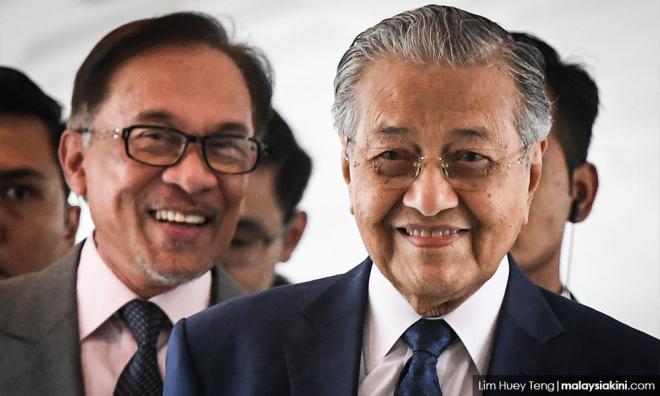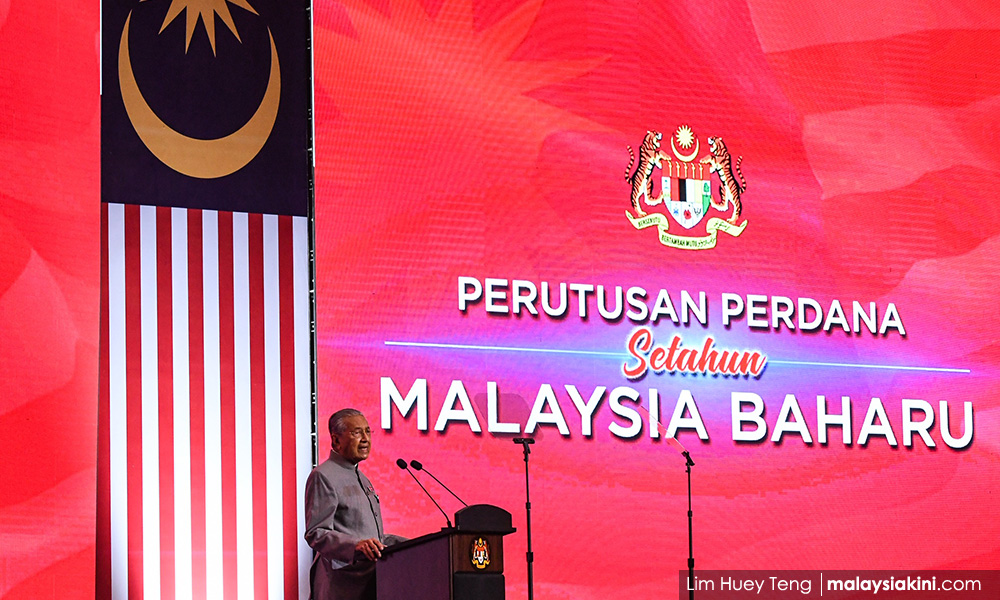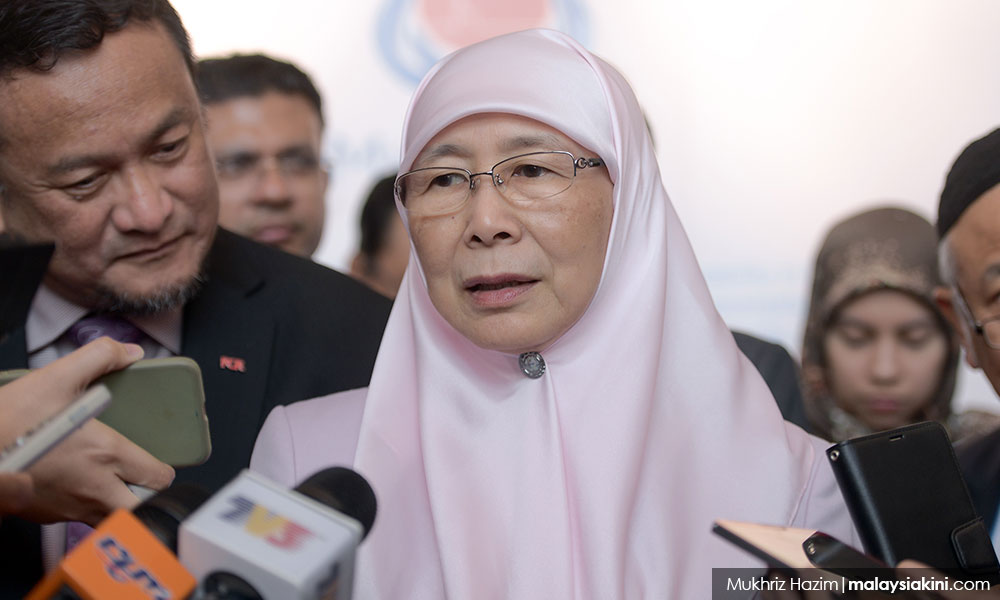
The saying “May you live in interesting times” is of Chinese origin and is regarded as being typically oriental in that it can be interpreted as both a blessing and a curse.
Sure, who doesn’t want to live in interesting times?
Politically, interesting times are taken to be periods when there is much speculation as to what would happen next.
The chattering classes have much to ponder over drinks in coffee shops. There are enough intrigue and titillation to keep the mills churning.
This can be a blessing when things are dull and in need of enlivening; it is a curse when important matters impend but both the intelligentsia and the hoi polloi prefer intrigue and gossip to the kind of creative thinking that is the matrix for solutions to urgent problems.
The German historian of ideas, Hegel, was right. Happy periods, he said, are blank pages in the volume of history.
Unhappy periods, which by definition are times of swirling speculation and high political intrigue, make for interesting history.
Malaysian politics is in for “interesting times” because of the feverish speculation over the power-transition from incumbent Prime Minister Dr Mahathir Mohamad to PM-in-waiting Anwar Ibrahim.
There is no doubt as to whether a transition should take place: the agreement as to the necessity of a transition was crucial for four parties – PKR, DAP, Amanah and Bersatu – to coalesce as an alliance in January 2018 to combat the ruling Barisan Nasional when GE14 loomed.
Because of bitter past hostility between Mahathir and Anwar, the betting as 2018 dawned and a general election loomed was that the Pakatan Harapan coming-together of PKR, DAP, Amanah and Bersatu would not gell because of the unbridgeable gulf between its prime antagonists and the certainty of acrimony as to who should be the Harapan head honcho.
But politics is the art of the possible and compromise is its blood plasma.
Harapan did coalesce; Mahathir was to be interim PM if Harapan won GE14, though for how long it was not stated; and a pardoned Anwar was to take over in due course.

These days it’s not disputed that the Harapan coalition could not come together had two integral elements not been agreed to by its four components by the end of the first week of January 2018.
The two were that Mahathir was to be the opposition alliance’s PM-designate and that the then imprisoned Anwar Ibrahim was to take up the prime ministerial reins when he was freed of the legal trammels to his doing so by dint of a royal pardon.
The speculation then was that it would take at the most two years for a royal pardon to be obtained for Anwar. Hence, the calculation was that Mahathir’s interim premiership should last two years.
Thus reasoned speculation congealed around the expectation that the interim premiership would last two years. Though there was no agreement in writing that this was to be the time span, nobody doubted that the interregnum would be longer than two years.
Why? Because two years was the span of time it was then felt the whole process of obtaining a pardon for Anwar would take.
Now, with 17 months gone on Mahathir’s interim premiership and with seven months left of its reasonably expected span, there is widespread doubt that the transition will take place by May 2020, when the interim premiership would have occupied two years.
Mahathir has repeatedly said he will hand over power; he is not known to be a man who breaks his word.
Yet, there is corrosive doubt that the power transition will actually take place at the time when it is reasonably expected to take place.
True, there is nothing in writing to say that Mahathir’s interim premiership is limited to two years.
However, that can only be said in conjunction with saying that nobody in early January 2018 expected Anwar’s pardon process to take more than two years.
So, with seven months left, where do things stand on the issue of the transition?
They stand in grave doubt: Mahathir has done little, besides saying often enough he will hand over, to assure he will actually do so.
And Anwar has done not a little to seed doubt that he is equipped to unify the country when he has manifestly failed to unify his broken party.
Compounding matters, the latest machinations of a cabal of Umno malcontents, led by Hishamuddin Onn, suggest that the transition could be headed for supersession, with the connivance of Bersatu and what could possibly be a rump of PKR.
If this comes to pass, it would be betrayal most foul.
It would be a betrayal of the hopes of Malaysians who voted for reform and change in GE14, besides the treachery, this would entail towards DAP, Amanah and supporters of the multiracial PKR, particularly in the event apostates from the latter connive with Umno malcontents and those with Bersatu.

Speaking of betrayal and ambiguity, nobody started the ball rolling than Dr Wan Azizah Ismail (above).
In the early hours of May 10, in the wake of the Election Commission’s refusal to declare the winners of GE14, she was summoned by the King to the palace, ostensibly because she was head of the party within the Harapan coalition, PKR, that had won the most parliamentary seats at 48.
Her confreres in the Harapan leadership cohort importuned her to take to the audience signed letters of endorsement from each president of a Harapan component so that the King would know that Mahathir was the winning coalition's choice for PM.
Azizah was more interested in obtaining a pardon for her husband than in letting a dithering monarch know Harapan was unequivocal in making Mahathir PM.
Worse, it turned out that Anwar was in contact with outvoted premier Najib Abdul Razak on arrangements that could only have boded ill for the stability of the Harapan alliance.
In the aftermath of his pardon and release from prison, he truckled up to royals who were clearly opposed to a Harapan victory and a Mahathir premiership.
But tacit betrayal and studied ambiguity are not the preserve of the husband and wife pair that has led and enfeebled PKR.
Mahathir, too, has recently comported in a similar fashion.
From the khat issue to the religious demagoguery of Zakir Naik, and to the so-called matter of Malay dignity and unity, he has betrayed the multiracial spirit of Harapan that was the raison d'etre of the PKR-DAP-Amanah combine before it condescended, out of electoral necessity, to admit Bersatu into its fold.
He has done this through behaviour that had marked his first stint in prime ministerial office – dissembling and ambiguity.
All the goodwill that had deservedly accured to him for his leadership of Harapan to victory in GE14 has dissipated in a welter of Orwellian doublespeak and vacillation.
It is not that people who supported him for the primate’s role in Harapan when the coalition was coalescing in early 2018 hadn’t had doubts about him.
It is just that they felt that given the scale of suspected corruption in the Najib administration, and confirmation of its extents in the immediate aftermath of victory, he would conduct himself like a statesman than a regressive.
Now mistaken, they cannot wait to see him gone.
It’s not that Anwar would be better but that if the transition does not occur and at its reasonably expected time, it would leave a toxic legacy that would long poison our politics.
Befuddled about Mahathir’s recent transgressions against the spirit of Harapan’s formative principles, and unable to do much about it, the Harapan leadership cohort could usefully spend time mulling about what they must do about how to limit the damage Anwar could do as PM.
After Mahathir’s regression, it is better to prepare for the frailties of leaders than for fulfilment of their promise.
The oriental wisdom about the ambiguous nature of “interesting times” should lead to sombre acceptance of Hegel’s fellow Prussian’s admonition: “Out of the crooked timber of humanity, nothing straight was ever achieved.”
TERENCE NETTO has been a journalist for more than four decades. - Mkini



No comments:
Post a Comment
Note: Only a member of this blog may post a comment.